We use audience measurement tools (such as Google Analytics 4 and Clarity), via Google Tag Manager, to understand how the website is used and to improve it. The data are used for statistical purposes only and are not used for targeted advertising.
World environment day: restoring land for a safer future
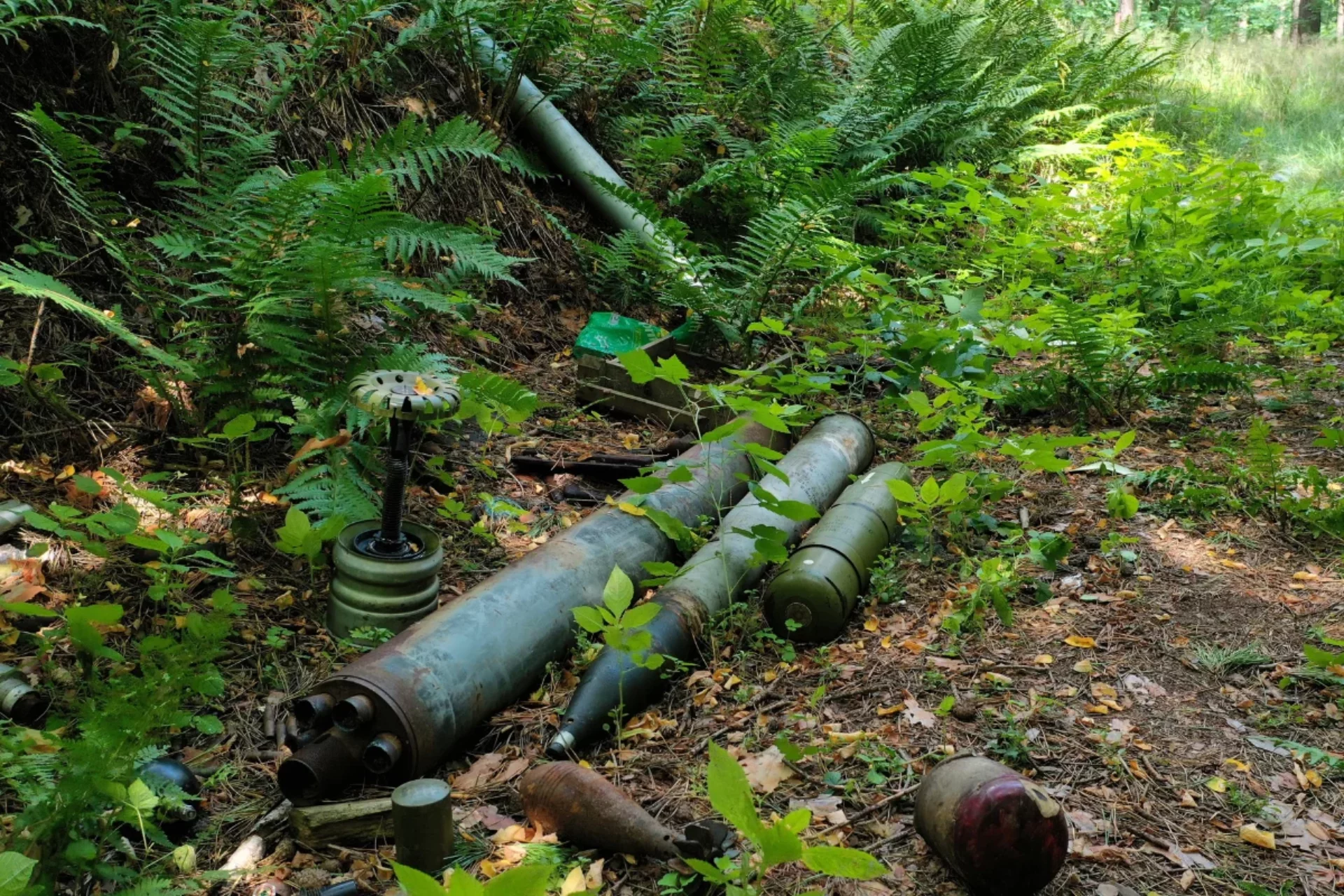
Armed conflicts not only leave an indelible mark on the lives of millions of people, but also devastate the environment, wildlife and biodiversity. Years after the fighting, mines and explosive remnants of war continue to contaminate the soil, affecting farmland, forests and waterways.
Humanitarian demining is essential to clear the soil of explosive-related contaminants, and to enable the restoration of ecosystems.
In all its demining operations, FSD strives to limit the environmental footprint of its work. The use of clearance methods that respect flora and fauna as well as the use of renewable energies is a priority. Furthermore, FSD is working in partnership with environmental experts.
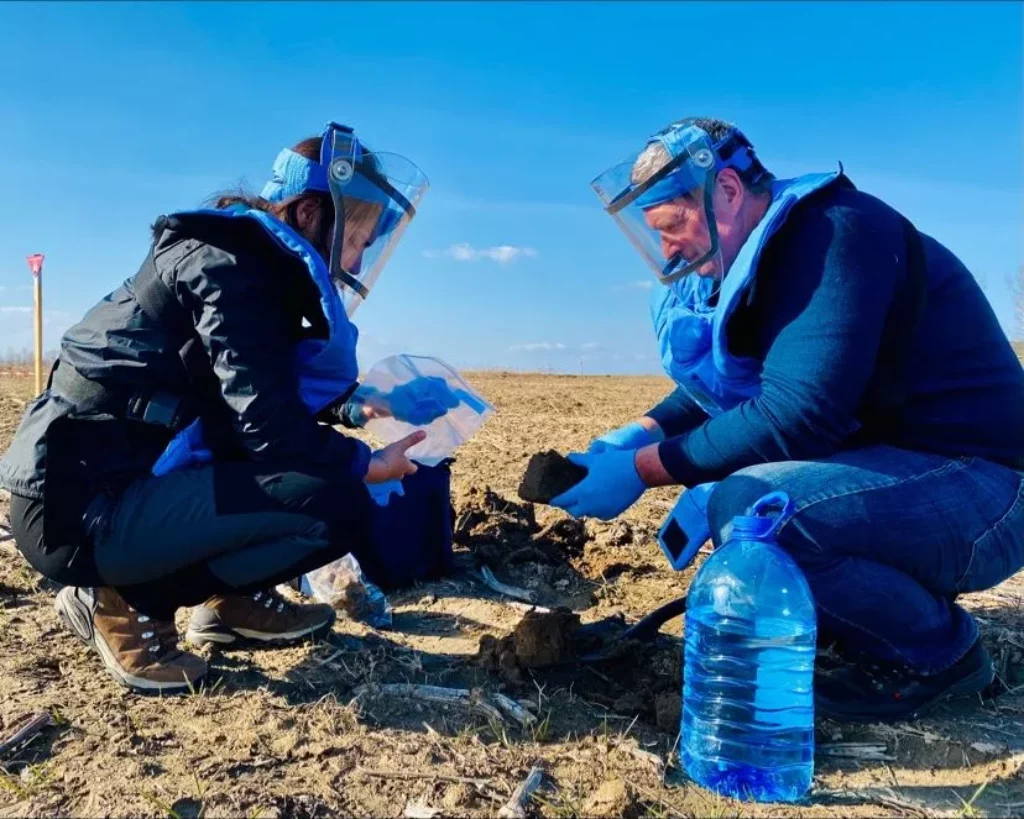
The countries where FSD operates are often among the most vulnerable to climate change. This is the case in Tajikistan, where FSD runs environmental projects alongside demining operations to support the resilience of local communities in the face of drought and declining biodiversity. A project to clear land contaminated by persistent organic pollutants (POPs) has also been underway for several years.
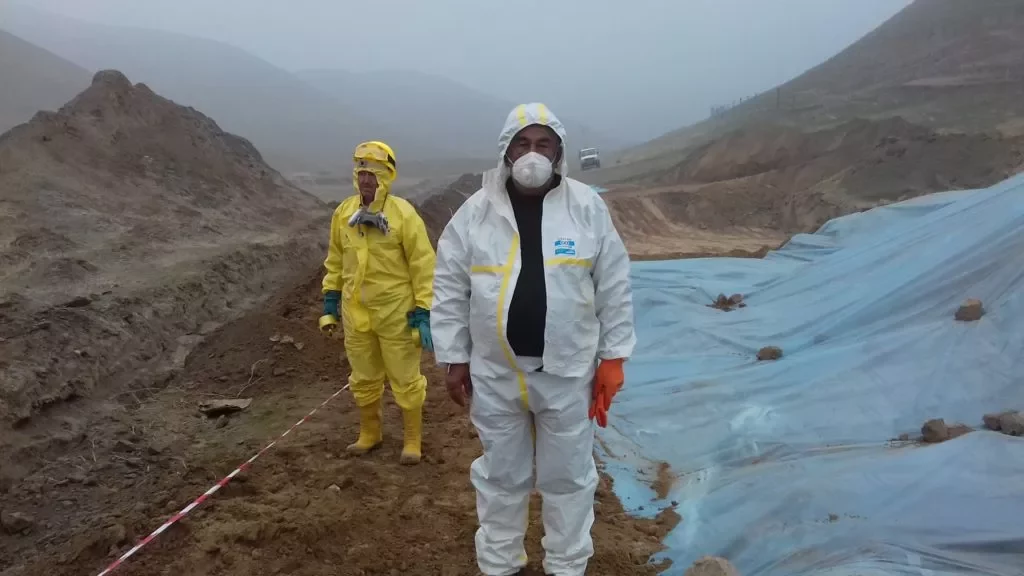
Among its initiatives in Tajikistan, FSD is implementing a tree-planting project in communities affected by POPs and the climate crisis to help reduce soil erosion, desertification and to support biodiversity. In these same communities, FSD is raising awareness about sustainable agriculture and is helping communities to build greenhouses to make better use of resources all year round.
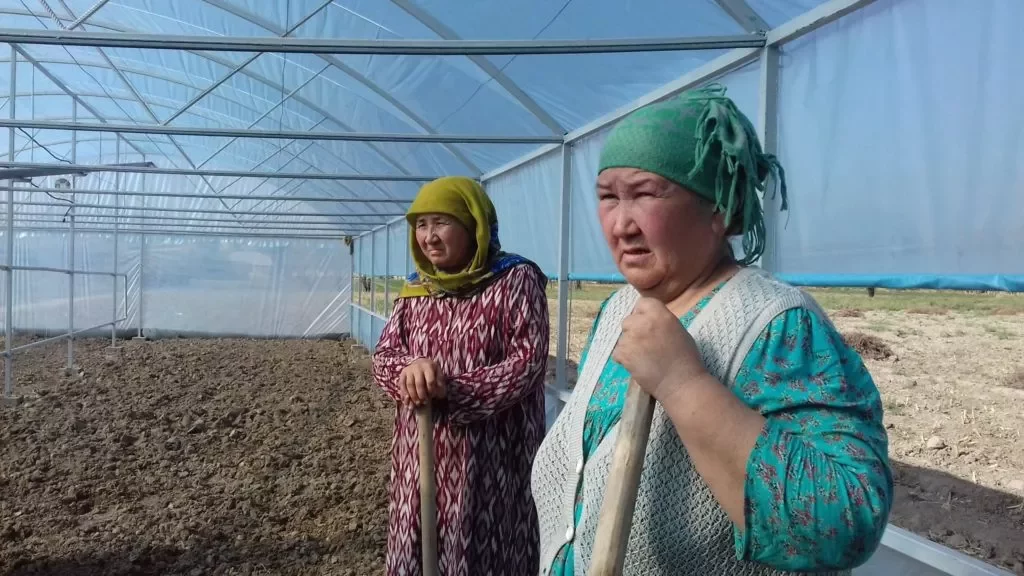
FSD also integrates environmental sustainability perspectives into its victim assistance activities. In Colombia, survivors of armed conflict are supported in setting up urban vegetable gardens, which provide them with a stable source of income and promote their social reintegration. These urban gardens use hydroponic structures to grow vegetables and aromatic plants, encouraging sustainable and local production.
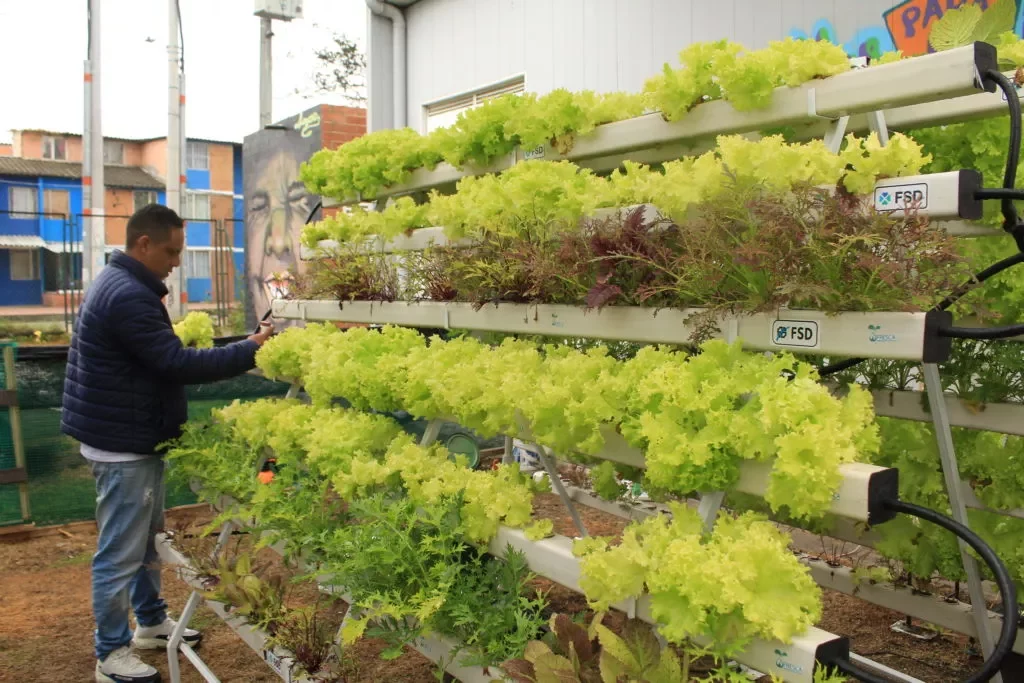
Finally, FSD is working at an institutional level to integrate environmental priorities into international demining programmes, in particular by participating in the Environmental Issue and Mine Action working group created in 2020.
A safer future not only means a future without mines, but also a sustainable world for future generations.
View all
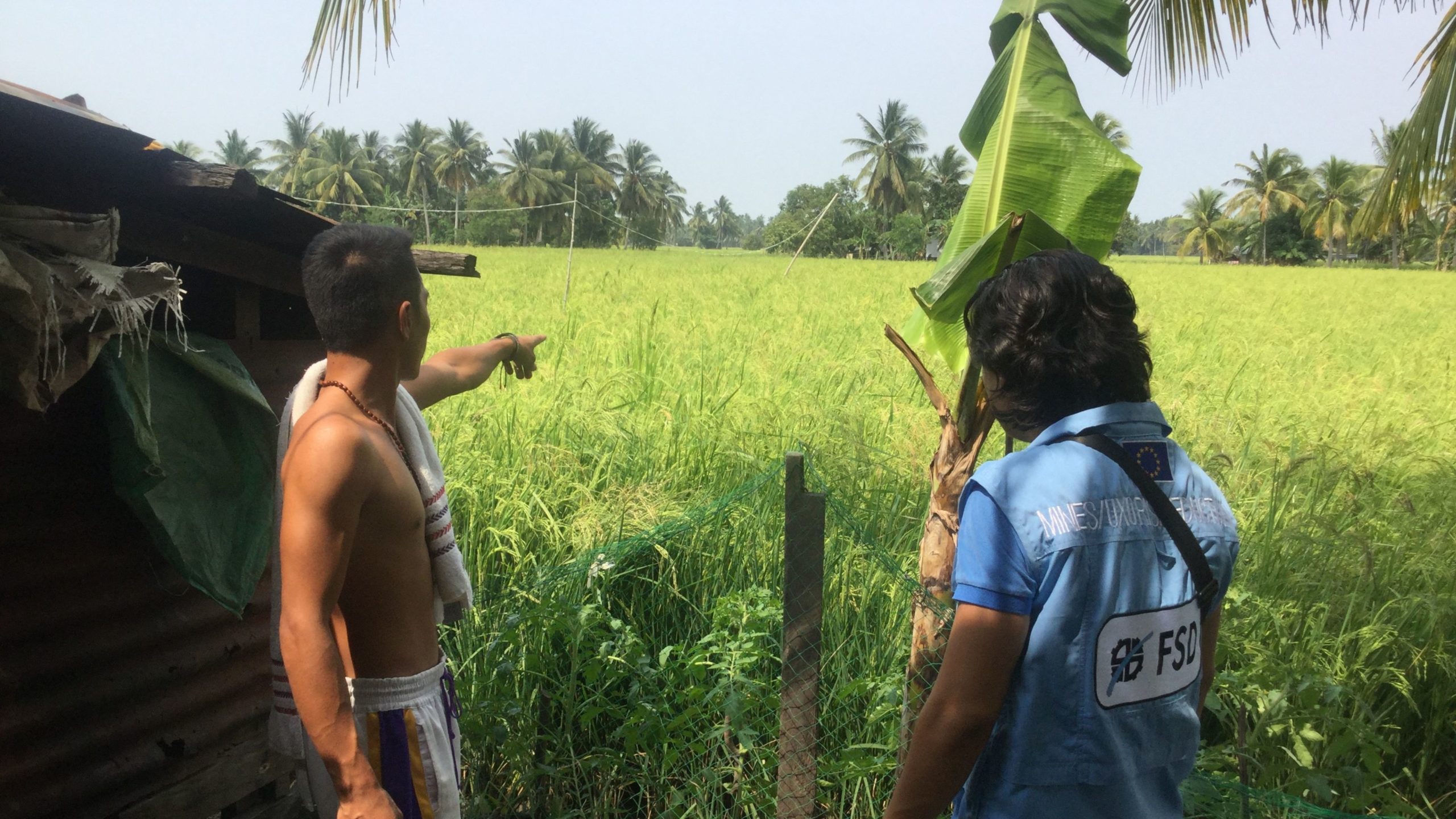

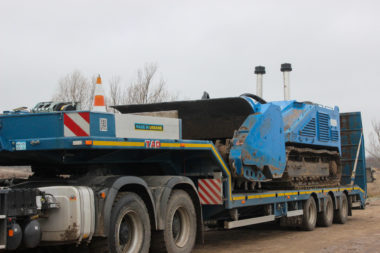

Mindanao: A New Operational Centre Enabling a Rapid Response to Explosive Risks
Until recently, many residents were reluctant to report the presence of these items, due to fear, mistrust, or a lack…
Humanitarian demining Non catégorisé Philippines

QR Codes to Save Lives
In Kharkiv province, Ukraine, residents live every day with the invisible yet very real presence of explosive remnants of war. FSD…
Prevention and risk education

FSD strengthens Ukraine’s mechanical demining capacity
FSD has launched a new project funded by the Swiss State Secretariat for Economic Affairs (SECO) to help the State…
Machines, drones and technology Humanitarian demining Non catégorisé